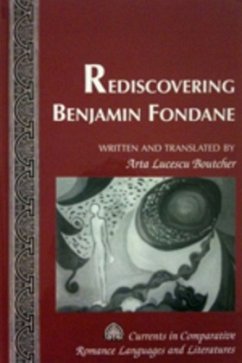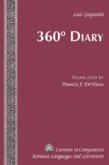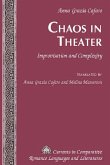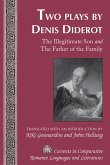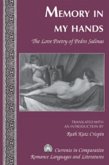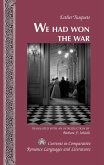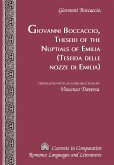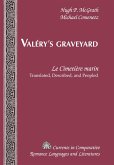Benjamin Fondane was a poet, literary critic, and philosopher who produced most of his literary works in Paris in the 1930s. He became a disciple of his close friend, the Russian philosopher of existential thought, Lev Shestov. Fondane's fascination with the tragic in his verse can be traced to the belief he shared with Shestov that one's spirit is elevated through personal suffering. Fondane also believed in the magic of poetic creativity and its incredible force as it goes beyond logic and beyond the self, and he declined the importance of aesthetics in favor of the tragic verse. Unlike the Surrealists whom he criticized, Fondane's poetics was not in search for answers: He realized that the joy of existence consists in our continual inner search rather than a presumptuous explanation of the meaning of life.
«In 'Rediscovering Benjamin Fondane', Arta Lucescu Boutcher has done a fine job of recovering Fondane's writings, among which I am most partial to his cinematic studies. This is a labor of love for which scholars of the twenty-first century should, and will be, grateful.» (Mary Ann Caws, Distinguished Professor of English, French, and Comparative Literature, the Graduate School of the City University of New York)
«Arta Lucescu Boutcher has written a seminal work on the Romanian poet, philosopher, dramaturge, and cinematographer, Benjamin Fondane, who died in Auschwitz in 1944. Her fascinating book takes us through his Parisian years when he was associated with Dada and Surrealism. His friendship with the Russian philosopher Lev Shestov led him to a deeper esthetic and ethical understanding of the human condition and of his own as a Jew. Invaluable are Boutcher's English translations of some of Fondane's Romanian and French writings.» (Bettina L. Knapp, Thomas Hunter Professor, Hunter College, and the Graduate School of the City University of New York)
«Arta Lucescu Boutcher has written a seminal work on the Romanian poet, philosopher, dramaturge, and cinematographer, Benjamin Fondane, who died in Auschwitz in 1944. Her fascinating book takes us through his Parisian years when he was associated with Dada and Surrealism. His friendship with the Russian philosopher Lev Shestov led him to a deeper esthetic and ethical understanding of the human condition and of his own as a Jew. Invaluable are Boutcher's English translations of some of Fondane's Romanian and French writings.» (Bettina L. Knapp, Thomas Hunter Professor, Hunter College, and the Graduate School of the City University of New York)

